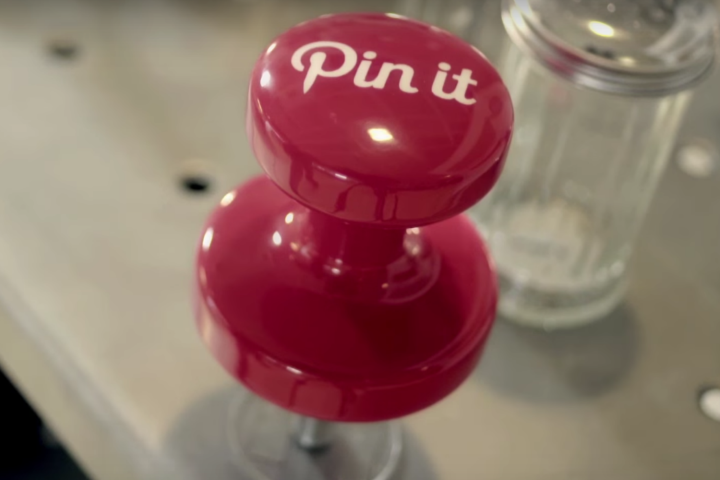
Pinterest serves as a prime example, and the company recently announced its 2016 progress on diversifying its team, as well as its goals for 2017.
Commendably, Pinterest has been part of discussions around diversity in tech for quite some time, and last year, the firm became one of the first companies to announce hiring goals to diversify its workforce. As a Pinterest spokesperson told Digital Trends, “These goals were aggressive, but they started meaningful conversations across teams, changed how and where we recruited and resulted in the most diverse team Pinterest has had to date, all during a high growth time for the company, increasing the number of overall employees by 51 percent.”
But when it comes to specific goals, they haven’t necessarily had the success they hoped for. Pinterest reports that the total proportion of female employees has grown to 26 percent in 2016, but in terms of engineers, it has only increased to 22 percent, a full 8 percent less than it wanted. This may have been a result of the company’s prioritization of hiring senior women engineers rather than growing their female junior engineer base. Next year, however, the company has set a goal it believes it can actually reach — 25 percent. The 30-percent mark will “likely … take more than 12 months.”
But in terms of wins this year, Pinterest did manage to increase the hiring rate of engineers from underrepresented ethnic groups from 1 percent to 9 percent, and 30 percent of the underrepresented engineers hired are in senior roles. Moreover, 49 percent of engineering interns were women, a 32-percent increase from 2015, and around one in five engineering interns came from underrepresented ethnic groups, a 4 percent increase from 2015.
So while Pinterest (and the rest of the industry) has its work cut out for it, 2016 certainly wasn’t a bad start to what we can hope will be an ever-improving trend of diversity in its workforce.
